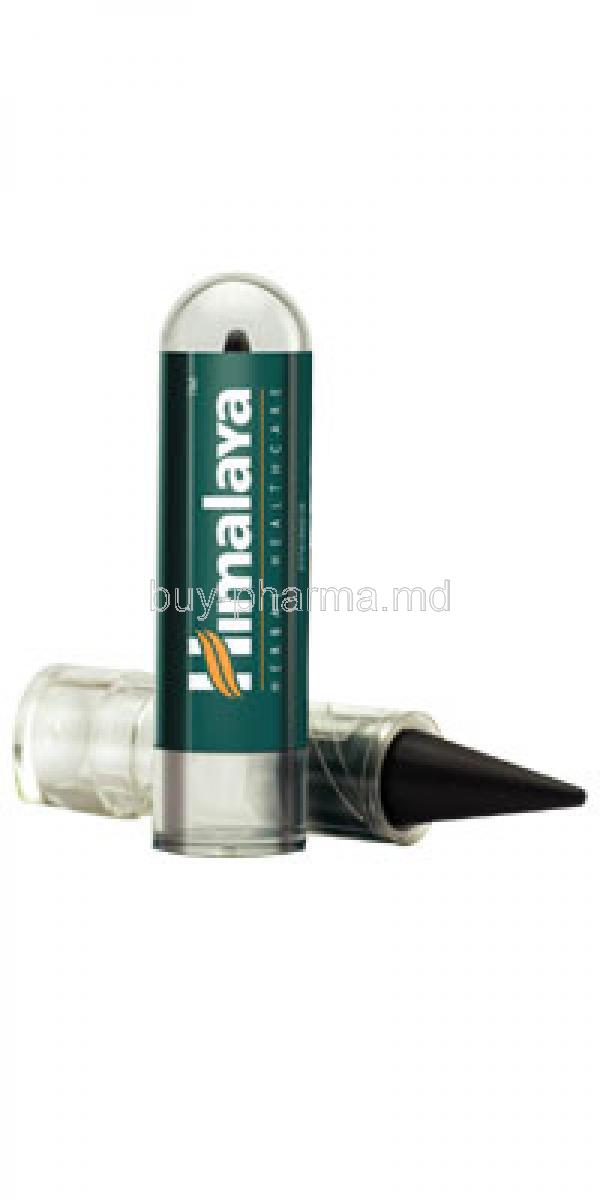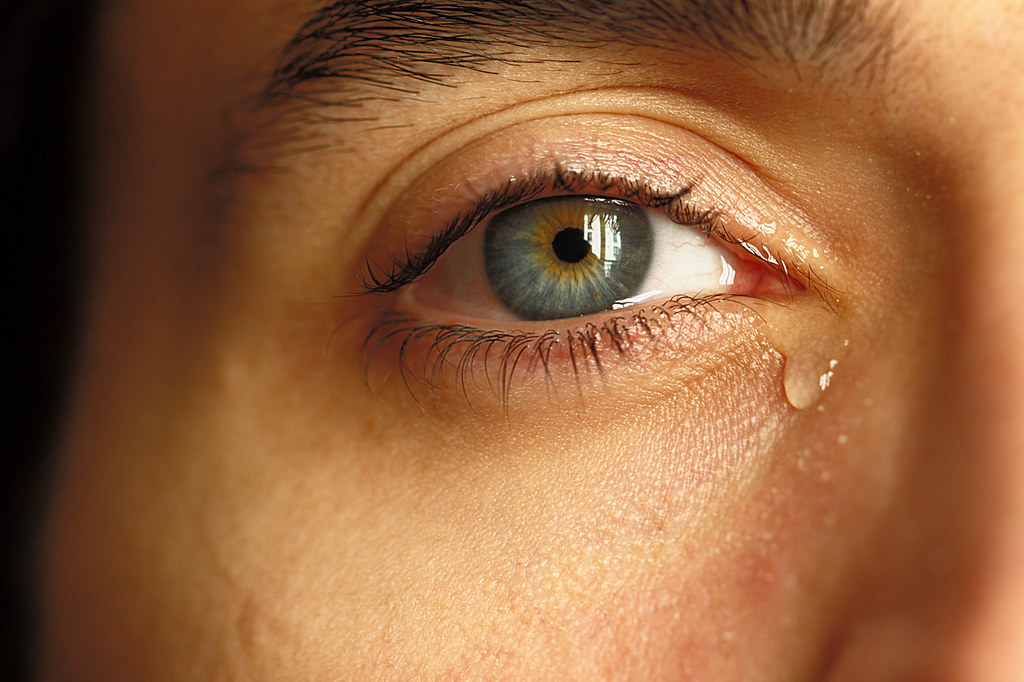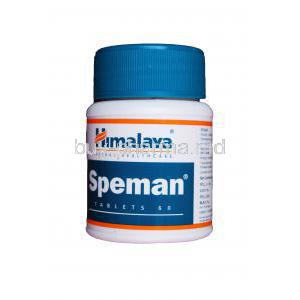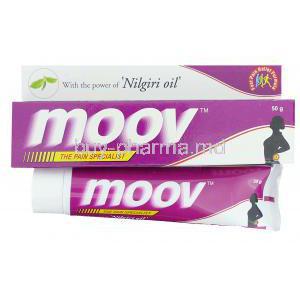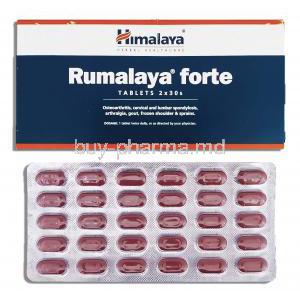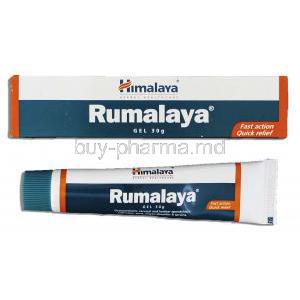Himalaya Kajal Harbal Eye Liner
- Introduction to Himalaya Kajal Herbal Eye Liner
- Composition and Key Herbal Ingredients
- How Himalaya Kajal Herbal Eye Liner Works
- Uses and Benefits of Himalaya Kajal Herbal Eye Liner
- Dosage and Application Instructions
- Common and Uncommon Side Effects of Himalaya Kajal Herbal Eye Liner
- Warnings and Precautions Before Use
- Contraindications for Himalaya Kajal Herbal Eye Liner
- Careful Administration Guidelines
- Special Population Considerations
- Interaction with Other Eye Products or Medications
- Overuse and Overdose Information
- Proper Storage Conditions
- Safe Handling Precautions
- Conclusion and Final Considerations
Introduction to Himalaya Kajal Herbal Eye Liner
Overview of Himalaya Kajal Herbal Eye Liner
Himalaya Kajal Herbal Eye Liner is a signature Ayurvedic cosmetic designed to enhance the eyes while providing therapeutic benefits. Formulated with a blend of time-tested botanicals, it offers a smooth application and a long-lasting finish. Crafted for both beauty and ocular care, this eyeliner reflects a harmonious fusion of tradition and innovation.
Composition and Key Herbal Ingredients
Active herbal components and their benefits
The mixture consists of plant extracts like Damask rose essence, camphor, and almond oil. All these components enhance eye comfort and beauty. These natural ingredients provide nutrients while reducing the risk of irritation.
Role of castor oil, camphor, almond oil, and Damask rose
- Castor Oil: Promotes lash growth and moisturizes the eyelids
- Camphor: Offers a cooling effect and soothes tired eyes
- Almond Oil: Rich in Vitamin E, supports skin health and softens texture
- Damask Rose: Provides anti-inflammatory benefits and a gentle fragrance

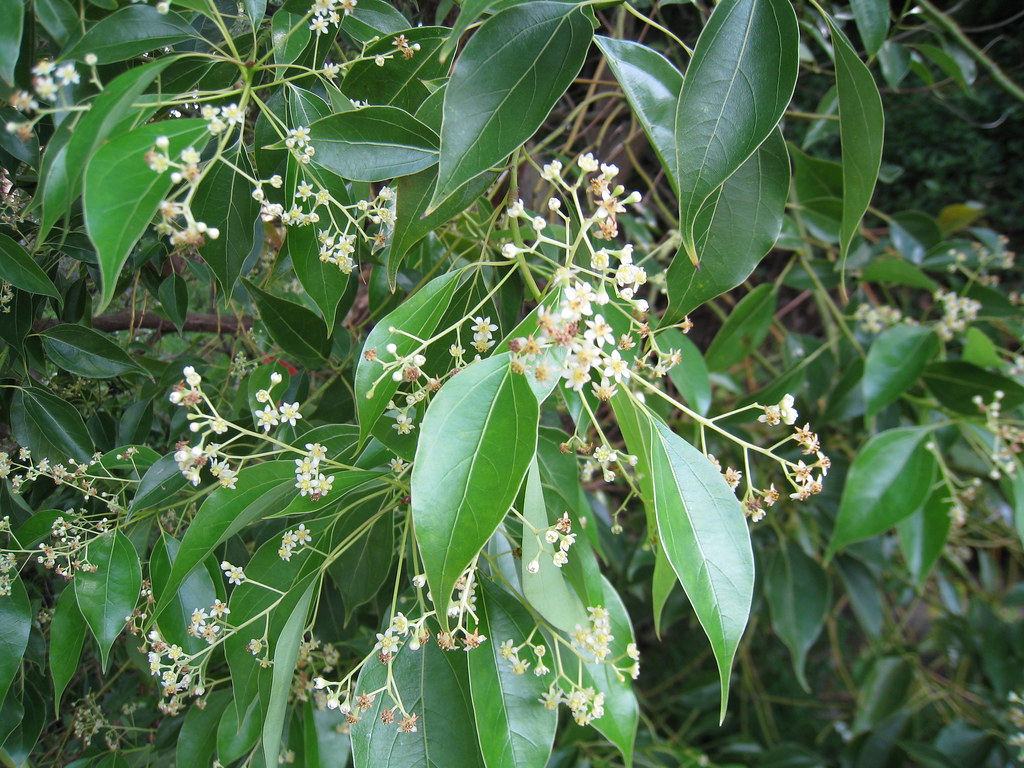

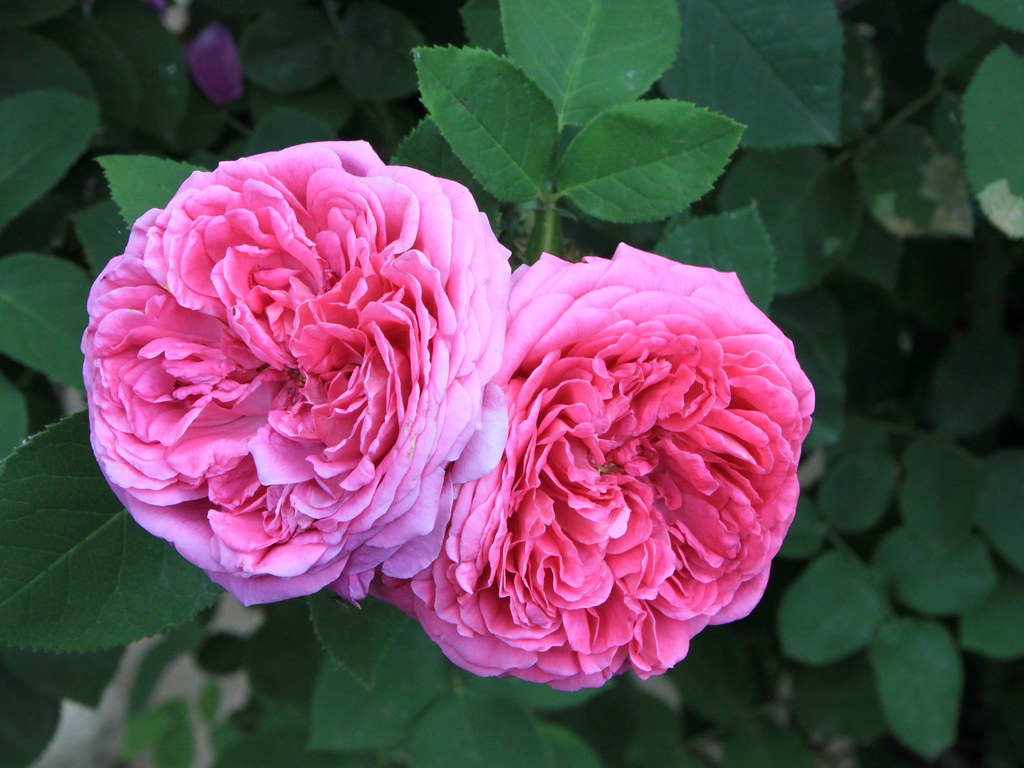
Natural pigments and their safety profile
Plant-derived natural carbon black provides color without the effects linked to artificial dyes, making it a safe option for regular use and reducing the risk of causing allergies.
Chemical-free and preservative-free formulation
The eyeliner does not contain parabens or artificial fragrances, is free of phthalates and silicones, and its preservative-free formula meets the standards of beauty and provides reassurance to mindful users.
How Himalaya Kajal Herbal Eye Liner Works
Mechanism of action of key herbal ingredients
The different plant extracts work together to moisturize and rejuvenate the skin surrounding the eyes while also providing protection and revitalization benefits for both beauty and wellness purposes.

Soothing and cooling effects on the eyes
Camphor and rose water can alleviate eye strain. When applied lightly, they instantly refresh the eyes with a tingling sensation.
Protective and moisturizing action on eyelids
- Forms a gentle barrier against environmental aggressors
- Locks in moisture to prevent dryness and flakiness
Potential antioxidant and antimicrobial properties
Natural antioxidants in almond oil and rose petals help neutralize free radicals. Camphor and castor oil exhibit mild antimicrobial properties, potentially reducing the risk of bacterial accumulation.
Uses and Benefits of Himalaya Kajal Herbal Eye Liner
Enhancing eye appearance with a natural look
Traditional Ayurvedic use for eye health
Protective use against dust and pollutants
It creates a layer along the base of the lashes, offering protection against irritants, which is especially beneficial in city or dusty settings.
Off-label uses:
Use for reducing eye irritation
Use as a natural eye moisturizer
Dosage and Application Instructions
Recommended daily usage
It's safe to use every day. Typically, people use it once or twice daily based on what they want and how comfortable they feel.
Step-by-step guide for safe application
- Ensure hands are clean and dry
- Twist or open the container gently
- Apply a thin line along the lower and/or upper lash lines
- Avoid inner eye contact
Frequency of reapplication
You can apply it again throughout the day if necessary. Try not to layer it on too much to keep your eyes comfortable and hygienic.
Precautions during usage
Avoid sharing with others. Keep the tip clean and ensure the lid is sealed tightly after use to prevent contamination.
Common and Uncommon Side Effects of Himalaya Kajal Herbal Eye Liner
Common side effects: mild irritation, watery eyes
Occasionally, users may experience transient discomfort during initial applications. This typically resolves on its own.
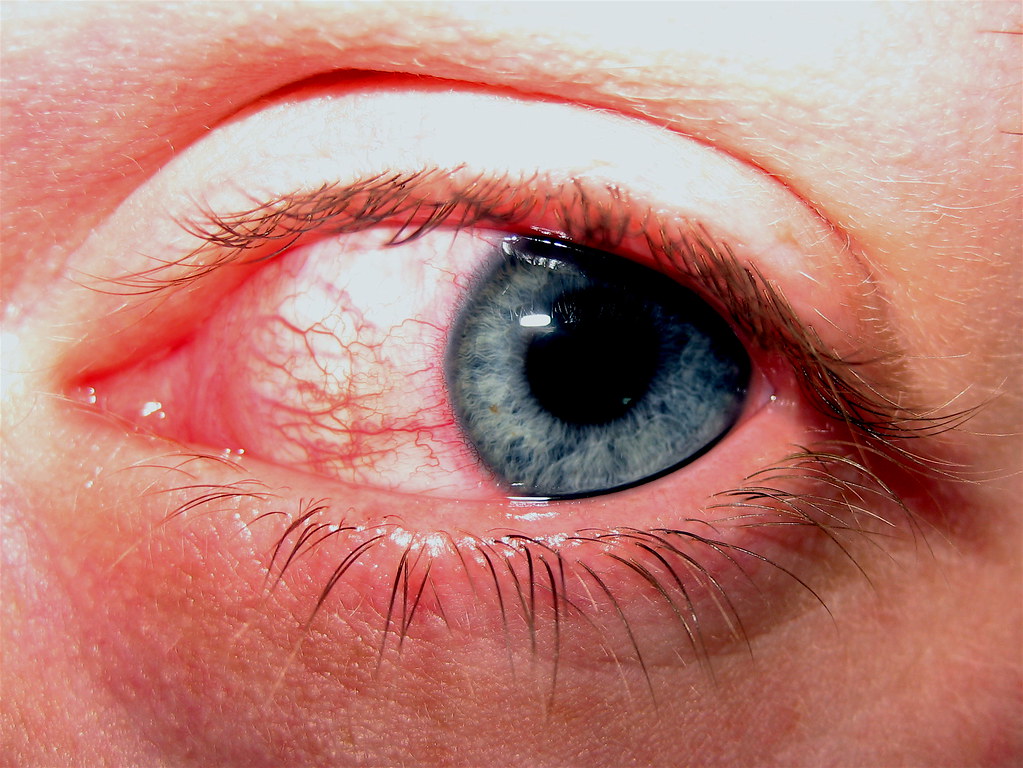
Rare side effects: allergic reactions, eye redness
Only a small number of individuals experience hypersensitivity responses such as redness, itching, or swelling. These reactions are often associated with ingredient allergies.
How to identify and manage adverse reactions
- Discontinue use immediately
- Rinse eyes with clean water
- Apply a cool compress if needed
When to seek medical attention
Persistent irritation, vision changes, or swelling necessitate prompt medical consultation. Seek ophthalmologic care for unresolved symptoms.
Warnings and Precautions Before Use
Avoiding contamination during application
Avoid touching the product tip against any surface, and discontinue use if it seems dried out or emits an odor.

Use in individuals with pre-existing eye conditions
Before using this product for issues such as conjunctivitis or blepharitis, make sure to consult with a healthcare provider who can give you advice based on your specific condition and needs.
Patch testing for sensitive skin
Apply an amount on the back of your hand or ear then wait for 24 hours to see if there are any signs of redness or irritation which could suggest it's safe to use.
Handling the product in unhygienic conditions
Avoid dirty surroundings and keep things clean to minimize the spread of bacteria to your eyes.
Contraindications for Himalaya Kajal Herbal Eye Liner
Known hypersensitivity to any ingredient
Those who have allergies to camphor, floral extracts, or castor oil should avoid using this product.
Contraindicated in active eye infections
Avoid use during styes, conjunctivitis, or any active eye infection to prevent aggravation or spread of pathogens.
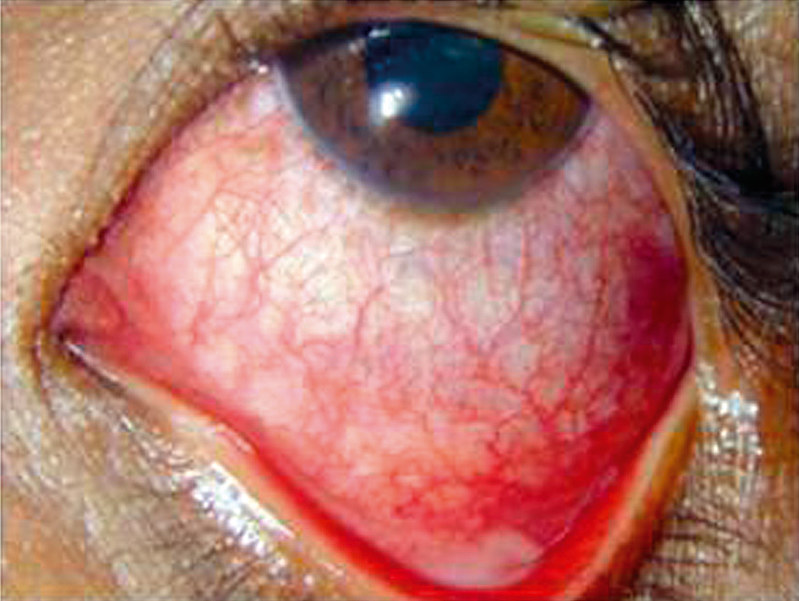
Not recommended for individuals with a history of chronic eye diseases
Before using any eye product, individuals with glaucoma or dry eye syndrome are advised to seek advice from a healthcare professional.
Careful Administration Guidelines
Application with clean hands and applicator
Remember to clean your hands and the applicator tips before using them to reduce the chances of eye contamination.
Avoiding use with contact lenses
Apply the solution after taking out your contact lenses and wait before putting them in to avoid getting smudges or dirty lenses.
Preventing entry into the eye itself
Apply the product carefully along the lash line making sure not to insert the applicator inside the eyes lining to avoid discomfort such, as burning or blurred vision.
Special Population Considerations
Use in elderly: sensitivity and monitoring
The elderly population often exhibits increased dermal fragility and ocular sensitivity. As skin elasticity diminishes and tear film stability declines, extra caution is advised when using cosmetic eye products like Himalaya Kajal Herbal Eye Liner.
- Begin with minimal application to monitor tolerance
- Regular ophthalmologic evaluations are advisable for those with underlying eye conditions
- Look for signs of dryness, excessive tearing, or irritation
Use in pregnant women and nursing mothers: safety evaluation
While the product is formulated with natural, non-toxic botanicals, limited data exists on the transdermal absorption of certain herbal ingredients during pregnancy or lactation.
For precautionary purposes:
- Use in moderation and avoid direct contact with mucous membranes
- Consult a healthcare provider prior to routine use during pregnancy
- Refrain from applying immediately before breastfeeding to prevent accidental transfer to the infant
Use in children: age-appropriate usage and parental supervision
Children's eyes are delicate and susceptible to irritation. Though the formulation is mild, use in children should be carefully moderated.
- Recommended only for children above 5 years of age
- Application should be done by an adult using clean hands and tools
- Discontinue at the first sign of redness or discomfort
Interaction with Other Eye Products or Medications
Concurrent use with medicated eye drops
Avoid simultaneous application of medicated ophthalmic solutions and the kajal. Herbal components may interfere with the efficacy of pharmacological treatments.
- Administer medicated drops at least 30 minutes before or after applying kajal
- Do not apply kajal during active infections or while under antimicrobial therapy
Compatibility with contact lenses and eye creams
Though generally safe, particles from the kajal may adhere to lenses or mix with creams, leading to blurred vision or discomfort.
- Apply kajal after removing contact lenses
- Allow eye creams to absorb fully before applying kajal
- Use water-based rather than oil-based eye care products to avoid smudging
Overuse and Overdose Information
Signs of overuse: eye heaviness, discomfort
Excessive layering may clog tear ducts or cause ocular fatigue.
- Sensation of weight on the eyelids
- Watery eyes or blurred vision
- Mild stinging or dryness
Potential consequences of excessive application
While not toxic, overuse can lead to residue buildup, clogged follicles, or potential allergic flare-ups.
- Increased risk of bacterial contamination
- Potential disruption of natural tear production
Proper Storage Conditions
Ideal temperature and environment for storage
Remember to store the kohl in a dry place at temperatures ranging from 15°C to 25°C to prevent the oils and waxes from being disrupted by the heat.
Avoiding exposure to direct sunlight and moisture
- Keep away from windowsills and humid bathrooms
- Seal the cap tightly after every use
Shelf life and product stability
The item usually stays fresh for around 24 months after it's made. Remember to check the expiry date before using it. If you notice any differences in coloration or texture or detect any odors coming from the item in question, it's best to play it safe and dispose of it promptly to avoid any health risks.
Safe Handling Precautions
Avoiding product sharing to prevent infections
Eye cosmetics are personal care items. Sharing increases the risk of cross-contamination.
- Never lend your kajal to others, even family members
- Use single-use applicators in professional settings
Hygienic practices during and after use
Remember to clean your hands before using the product. If the applicator accidentally touches the eye gently wipe it with a tissue.
Disposal of expired or contaminated product
Expired kajal should be discarded responsibly. Do not flush or dispose of in sinks.
- Wrap in paper before discarding with household waste
- Label as expired to prevent reuse
Conclusion and Final Considerations
Summary of key benefits and safety tips
Himalaya Kajal Herbal Eye Liner offers aesthetic appeal, herbal nourishment, and potential ocular comfort. With its chemical-free formulation and Ayurvedic roots, it caters to users seeking natural alternatives.
Himalaya Kajal Harbal Eye Liner FAQ
- Is herbal kajal good for eyes?
- Is Himalaya kajal safe to use?
- Which is better, eyeliner or kajal?
- Can I sleep with kajal in my eyes?
- How many days does kajal last?
- What is the purpose of kajal?
- Does kajal make eyes look beautiful?
- What is Himalaya Kajal Herbal Eye Liner used for?
- What are the key herbal ingredients in Himalaya Kajal?
- Is Himalaya Kajal safe for daily use?
- Does it smudge easily?
- Is Himalaya Kajal suitable for sensitive eyes?
- Does it provide intense color?
- Does it have any medicinal benefits?
- Is Himalaya Kajal free from harsh chemicals?
- How do you apply Himalaya Kajal?
Is herbal kajal good for eyes?
Natural kohl doesn't contain any chemicals or artificial additives, which makes it a safer option for the eye area and helps lower the chances of negative reactions.
Is Himalaya kajal safe to use?
Yes! You can use it every day without any worries long as you're not allergic to any of its ingredients.
Which is better, eyeliner or kajal?
The Kajal eye pencil is more user-friendly and perfect for beginners.
Can I sleep with kajal in my eyes?
No
How many days does kajal last?
1 week
What is the purpose of kajal?
Creating a sultry effect along the waterline of the eyes for that smoky look.
Does kajal make eyes look beautiful?
Kajal may not physically make your eyes larger; however, it works as makeup that can give the impression of bigger and more defined eyes by being applied cleverly.
What is Himalaya Kajal Herbal Eye Liner used for?
Lining the eyelids with this product enhances the beauty of the eyes as it contains ingredients.
What are the key herbal ingredients in Himalaya Kajal?
Common ingredients are Triphala and Ecliptal alba (also known as Bhringraj), along with extracts recognized for their soothing effects on the eyes.
Is Himalaya Kajal safe for daily use?
It's usually designed to be mild and suitable for daily use.
Does it smudge easily?
Like many kohl eyeliners, they tend to smudge under certain conditions. However, when applied to the waterline, the formula is designed to reduce smudging.
Is Himalaya Kajal suitable for sensitive eyes?
The herbal blend is usually considered mild; however, if you have eyes, it's advisable to do a patch test first.
Does it provide intense color?
It usually gives off an intense hue that's great for achieving defined eye makeup looks.
Does it have any medicinal benefits?
Some herbal components are thought to possess a refreshing effect for the eyes, in beliefs; however, this product is mainly used for cosmetic purposes.
Is Himalaya Kajal free from harsh chemicals?
When it comes to Himalaya products, emphasis is on their ingredients. Do remember to take a look at the ingredient list for specific information.
How do you apply Himalaya Kajal?
It is typically used on the lash line or waterline of the eye like kajal or eyeliner would be applied.

